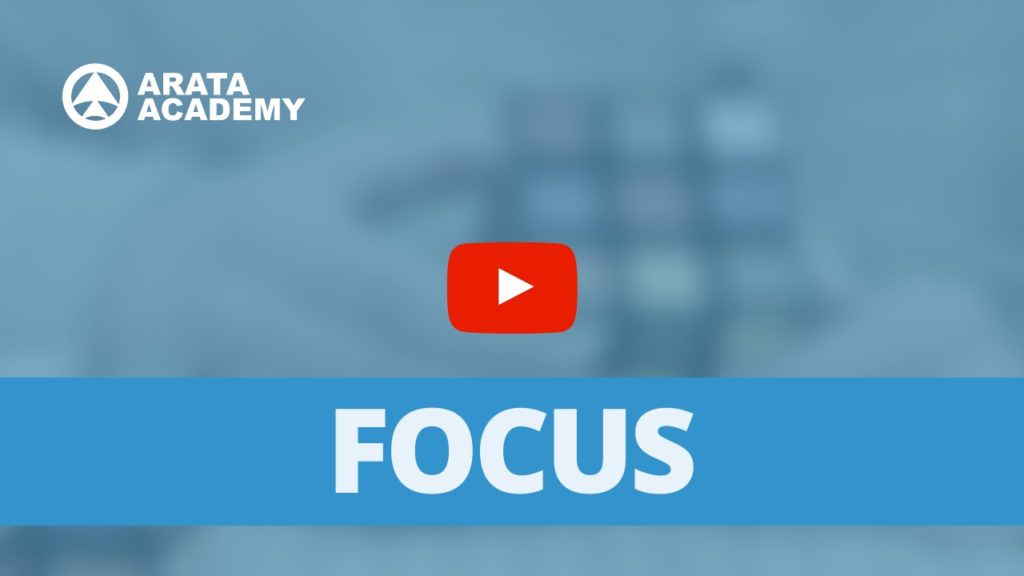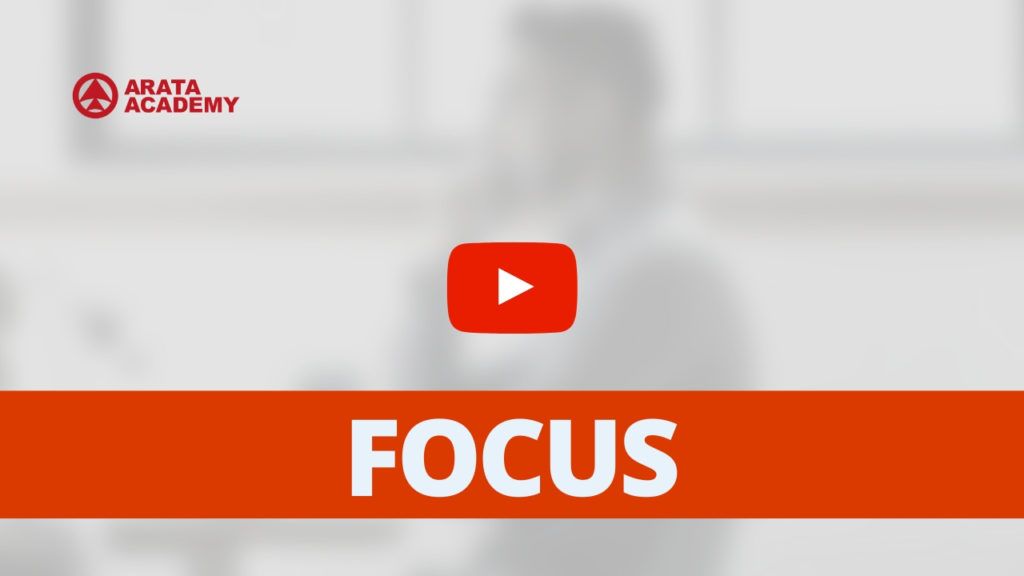Hello! Thanks to all of you who follow the Arata Academy’s work on professional and personal improvement. I would like to invite you to meet another endeavour of ours, related to the area of well-being — we have a new channel for it, natugood.
Today I want to share a tip about the proper functioning of our brain and our food choices.
As you may have seen on our FOCUS course, what makes ALL the difference is the ability to concentrate. What makes all the difference is your power to FOCUS. That represents everything we want to do. If you are not a course attendee yet, please got to this link here.
Our brains consume a lot of energy. It is curious that although they don’t do physical work like our muscles, our brains make up a big part of our daily oxygen and energy consumption.
So, it does make sense to ask what kind of fuel we are using to feed our brain.
By reading the traditional medical research, we will find that numerous works claim glucose to be the brain’s highest energy source.
But more and more researchers are saying that the brain doesn’t rely solely on glucose. In this video, I present the arguments of doctor David Perlmutter. And he argues against the notion that we NEED carbohydrates and glucose to feed our brains.
Instead of carbohydrates, he recommends using fat to feed the brain. He mentions that the brain works much better when we start burning fat in a ketogenic diet.
The name derives from ketones, which are fat. Dr. Perlmutter says ketogenic diets have been used to treat epilepsy since the 1920s, and today they’re being considered as help to deal with Parkinson’s disease, amyotrophic lateral sclerosis (also known as Lou Gehrig’s Syndrome) and even autism. Good fats help the brain function well.
This is a quick video, and I’m not going to get into details about the book, but if you think this is an important matter, I can do more videos about it later along with an in-depth analysis on natugood. Today I only want to share an overview of the work and the idea that excess carbohydrates raise the level of glucose in the blood, causing inflammation and damaging the proper functioning of the brain.
This book’s recommendation is to start a low-carb diet, while introducing high-quality fats such as fish, meat, eggs, butter, avocado, nuts and olives.
I agree with the idea of including high-quality fats in our diet, and that we have to run away from the wrong fats, the trans fats.
In a very simple way, we can prioritize the carbohydrates coming from sources such as vegetables and fruits. We want to avoid excessive carbs from grains.
My current view on this is that there is not a single formula out there that everyone should follow. For some people, it makes sense to get more info about ketogenic diets and to start using ketones as an energy source. For others, it can be too extreme and not easy to implement.
But what’s more important is our desire to learn more about good diet. That makes a lot of difference. It is important for you to know that, through natugood, we will present this kind of content for us to learn together. If you like the idea, you can help us keep moving in the right direction by giving a “thumbs up”, but feel free as well to say you didn’t enjoy it. I’m always looking to your interactions to guide my upcoming content. And, in case you haven’t subscribed yet, you now have two channels: one is this, the Arata Academy channel, but there is a new one more focused on our fitness and well-being endeavours, and this is natugood. All the best for you!

